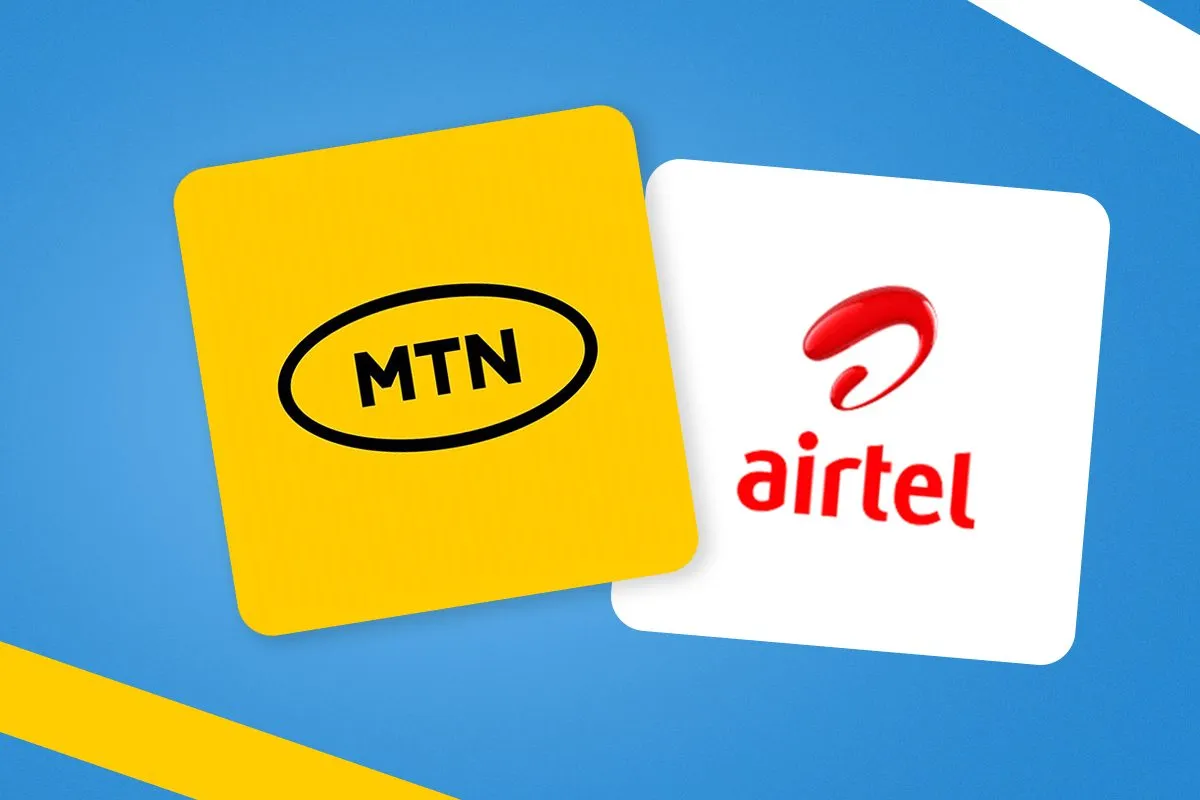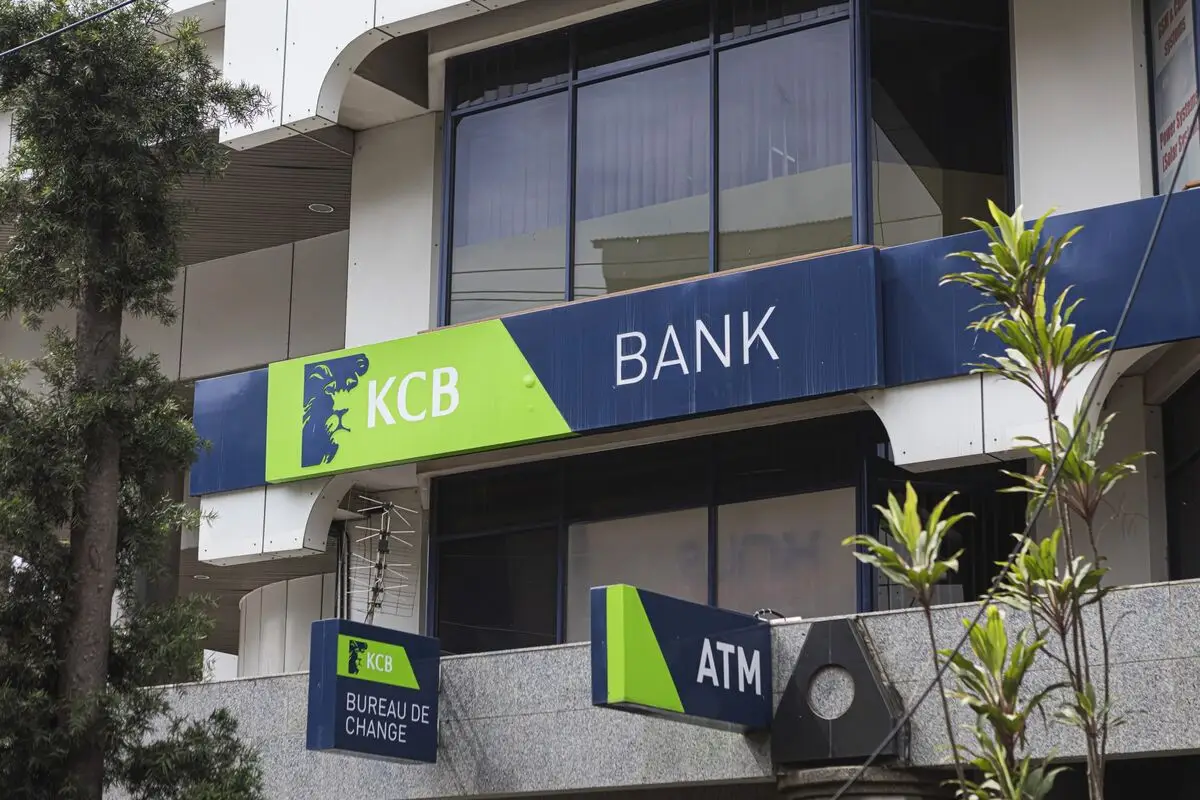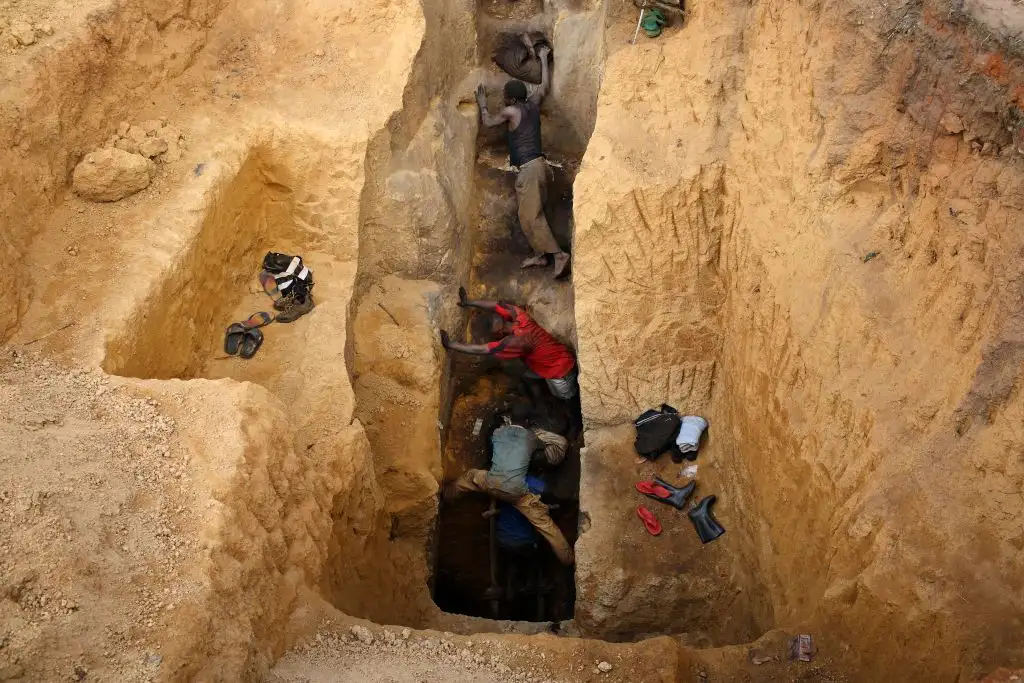Introduction
Africa’s telecom behemoths, Airtel Africa Plc and South Africa’s MTN Group, are in advanced talks to share network infrastructure in Rwanda, Congo-Brazzaville, and Zambia. This follow-up to their landmark agreements in Uganda and Nigeria aims to trim capital and operating expenses, bolster service quality, and accelerate digital and financial inclusion across the continent (Reuters, Telco Titans).
The Rise of Infrastructure Sharing in Africa
Telecom infrastructure sharing—where operators pool resources like towers, antennae, fiber, and base stations—has become a strategic imperative in cost-sensitive markets.
- Cost savings: By sharing passive (towers, masts) and active (Radio Access Network or RAN) infrastructure, operators typically cut capital expenditure by up to 30–40%, while slashing operating costs through shared site maintenance and energy use (telecomreviewafrica.com, Analysys Mason).
- Environmental impact: Fewer tower sites minimize land use and carbon emissions, especially when combined with renewable-powered energy solutions on site (Q4 CDN).
- Regulatory push: While most sharing deals are commercially negotiated, many regulators—such as Rwanda’s RURA and Zambia’s ZICTA—encourage partnerships to accelerate rural coverage and bridge the digital divide (minict.gov.rw).
From Uganda and Nigeria to Central Africa
In March 2025, MTN and Airtel signed RAN-sharing pacts in Uganda and Nigeria. These deals enable both groups to:
- Expand rural coverage: Quickly roll out mobile broadband in low-ARPU (Average Revenue Per User) areas.
- Share fiber backhaul: Pool fiber-optic links to offload data traffic more efficiently.
- Accelerate 5G readiness: By sharing the cost of upgrading sites to 5G standards, both operators can enter the high-speed market simultaneously (Reuters, Techpoint Africa).
Following the success of these West and East African agreements, the telcos have publicly stated their intention to replicate the model in Republic of Congo, Rwanda, and Zambia, covering both passive and active elements of their access networks (Telco Titans, Zawya).
Market Context: Rwanda, Congo-Brazzaville, and Zambia
Rwanda
- Mobile penetration: Rwanda boasts a SIM penetration rate of 97.7% as of April 2024, up from 96.3% the previous year, reflecting near-universal mobile access (Rura).
- Broadband uptake: Over 90% of connections use 3G, 4G, or 5G networks, yet fixed-line broadband remains below 1%, underlining the importance of mobile networks for high-speed data (DataReportal – Global Digital Insights).
- Regulatory support: The Rwanda Utilities Regulatory Authority (RURA) has rolled out the “Connect Rwanda” initiative to expand rural coverage, making infrastructure sharing an attractive solution for operators.
Congo-Brazzaville
- Low network density: With just 13 mobile subscriptions per 100 inhabitants as of 2023, Congo-Brazzaville ranks among Africa’s lowest in digital connectivity.
- High infrastructure cost: Dense forests and limited power grids make standalone tower deployment costly, with shared sites presenting a more viable alternative (World Bank Public Documents).
- Regulatory landscape: The ARPCE (Regulatory Authority) has recently opened consultations on active sharing frameworks to jump-start rural network roll-out.
Zambia
- 5G pioneers: Both MTN and Airtel launched 5G Fixed Wireless Access in Lusaka and key towns in 2023–24, yet rural coverage lags behind at 45%, compared to national mobile penetration of 85%.
- Operational costs: High diesel prices for off-grid towers inflate OPEX. Shared, solar-hybrid tower sites can reduce fuel dependency and cut costs by 20–25% annually (Q4 CDN).
- Policy direction: The Zambia Information and Communications Technology Authority (ZICTA) is revising its National ICT Policy to favor commercial sharing over wholesale leasing, smoothing the way for multi-operator RAN accords.
Technical Blueprint: What’s on the Table
The prospective agreements in Rwanda, Congo, and Zambia are expected to cover:
- Passive sharing: Tower structures, power systems, and security infrastructure.
- Active sharing (RAN): Antennae, baseband units, and transport backhaul links.
- Fiber partnerships: Joint construction or leasing of fiber-optic routes to connect sites to core networks.
- Energy solutions: Co-investment in solar-battery systems at off-grid sites to ensure uninterrupted power and sustainable operations (telecomreviewafrica.com).
By pooling these components, both operators will maintain separate core networks and spectrum holdings, preserving competition at the service level while slashing duplicated costs.
Leadership Perspectives
Ralph Mupita, President & CEO of MTN Group, commented on the Uganda/Nigeria pacts:
“We see sustained demand for digital and financial services across our markets. This partnership model provides a robust framework for delivering high-quality connectivity while optimizing the use of scarce capital.” (MTN.com, Reuters)
Sunil Taldar, CEO of Airtel Africa, added:
“By building a shared digital highway—within permissible regulatory frameworks—we avoid duplicating expensive infrastructure. Our goal is a more extensive, reliable network that drives digital inclusion and operational efficiency.” (MTN.com).
Customer and Community Impact
Rural Connectivity
Shared infrastructure can cut the deployment time for new sites by up to 50%, bringing 4G and 5G services to remote villages months earlier than standalone roll-outs (Analysys Mason).
Financial Inclusion
Airtel Money and MTN Mobile Money, serving over 100 million combined users, rely on consistent network availability. Improved coverage directly translates to more reliable mobile payments and micro-lending services for underbanked populations (Techpoint Africa).
Quality of Service
Network sharing reduces the risk of service outages by enabling both operators to switch traffic dynamically across shared sites, ensuring redundancy during equipment failures or power cuts.
Regulatory and Competitive Dynamics
While commercial negotiations drive these deals, regulators play a pivotal role in:
- Defining fair access principles: Ensuring that cost-sharing formulas and site-allocation rules do not disadvantage smaller operators.
- Monitoring competition: Safeguarding against collusion or market-dominant behavior that could stifle innovation.
- Incentivizing green energy: Offering tax breaks or subsidies for renewable-powered towers, encouraging shared investment in solar-hybrid solutions (World Bank Public Documents).
In Rwanda, RURA’s proactive guidelines on active sharing have already accelerated negotiations between MTN Rwanda and Airtel Rwanda. In Zambia and Congo, draft regulatory frameworks are expected by Q4 2025, with formal consultations underway.
Lessons from Global Peers
- Nordic model: In Sweden, TowerCo subsidiaries like Telia and Ericsson share passive infrastructure, achieving cost reductions of 40% and faster rural roll-out (Wray Castle).
- India’s Indus Towers: A joint venture of Bharti Airtel, Vodafone, and Idea Cellular now hosts 200,000 towers, enabling a shared network that cut capex by 50% in its first five years. Airtel Africa’s parent, Bharti, draws on this experience to guide its African subsidiaries.
These international benchmarks underscore the potential gains for MTN and Airtel: accelerated coverage, lower costs, and environmental benefits.
Future Outlook: Beyond RAN Sharing
Open RAN and Virtualization
Both operators are exploring Open RAN architectures that decouple hardware and software, fostering a multi-vendor ecosystem and further driving down costs. Trials in Nigeria in early 2025 showed 20% lower TCO (Total Cost of Ownership) versus traditional RAN .
Data Center and Edge Computing
Shared fiber and site infrastructure can host localized edge data centers, enabling low-latency services (IoT, AR/VR) and supporting emerging digital industries in Kigali, Brazzaville, and Lusaka.
Green Energy Collaborations
Pooled investment in solar-battery systems allows both operators to meet net-zero targets, reduce diesel use by up to 60%, and qualify for carbon credits under global sustainability frameworks (Q4 CDN).
Conclusion
As Airtel Africa and MTN Group advance talks to share infrastructure in Rwanda, Congo-Brazzaville, and Zambia, they’re championing a model that cuts costs, accelerates rural connectivity, and promotes sustainable, high-quality services. Drawing on successful implementations in Uganda and Nigeria and global best practices, this alliance could redefine African telecom competition—shifting the focus from infrastructure duplication to collaborative ecosystem building. For millions of subscribers, it means faster, more reliable mobile and financial services; for the operators, it spells stronger returns and a clearer path to achieving the digital transformation goals that underpin Africa’s economic future.
Ready to take your career to the next level? Join our dynamic courses: ACCA, HESI A2, ATI TEAS 7 , HESI EXIT , NCLEX – RN and NCLEX – PN, Financial Literacy!🌟 Dive into a world of opportunities and empower yourself for success. Explore more at Serrari Ed and start your exciting journey today! ✨
Photo source: Google
By: Montel Kamau
Serrari Financial Analyst
20th May, 2025
Article, Financial and News Disclaimer
The Value of a Financial Advisor
While this article offers valuable insights, it is essential to recognize that personal finance can be highly complex and unique to each individual. A financial advisor provides professional expertise and personalized guidance to help you make well-informed decisions tailored to your specific circumstances and goals.
Beyond offering knowledge, a financial advisor serves as a trusted partner to help you stay disciplined, avoid common pitfalls, and remain focused on your long-term objectives. Their perspective and experience can complement your own efforts, enhancing your financial well-being and ensuring a more confident approach to managing your finances.
Disclaimer: This article is for informational purposes only and does not constitute financial advice. Readers are encouraged to consult a licensed financial advisor to obtain guidance specific to their financial situation.
Article and News Disclaimer
The information provided on www.serrarigroup.com is for general informational purposes only. While we strive to keep the information up to date and accurate, we make no representations or warranties of any kind, express or implied, about the completeness, accuracy, reliability, suitability, or availability with respect to the website or the information, products, services, or related graphics contained on the website for any purpose. Any reliance you place on such information is therefore strictly at your own risk.
www.serrarigroup.com is not responsible for any errors or omissions, or for the results obtained from the use of this information. All information on the website is provided on an as-is basis, with no guarantee of completeness, accuracy, timeliness, or of the results obtained from the use of this information, and without warranty of any kind, express or implied, including but not limited to warranties of performance, merchantability, and fitness for a particular purpose.
In no event will www.serrarigroup.com be liable to you or anyone else for any decision made or action taken in reliance on the information provided on the website or for any consequential, special, or similar damages, even if advised of the possibility of such damages.
The articles, news, and information presented on www.serrarigroup.com reflect the opinions of the respective authors and contributors and do not necessarily represent the views of the website or its management. Any views or opinions expressed are solely those of the individual authors and do not represent the website's views or opinions as a whole.
The content on www.serrarigroup.com may include links to external websites, which are provided for convenience and informational purposes only. We have no control over the nature, content, and availability of those sites. The inclusion of any links does not necessarily imply a recommendation or endorsement of the views expressed within them.
Every effort is made to keep the website up and running smoothly. However, www.serrarigroup.com takes no responsibility for, and will not be liable for, the website being temporarily unavailable due to technical issues beyond our control.
Please note that laws, regulations, and information can change rapidly, and we advise you to conduct further research and seek professional advice when necessary.
By using www.serrarigroup.com, you agree to this disclaimer and its terms. If you do not agree with this disclaimer, please do not use the website.
www.serrarigroup.com, reserves the right to update, modify, or remove any part of this disclaimer without prior notice. It is your responsibility to review this disclaimer periodically for changes.
Serrari Group 2025
















